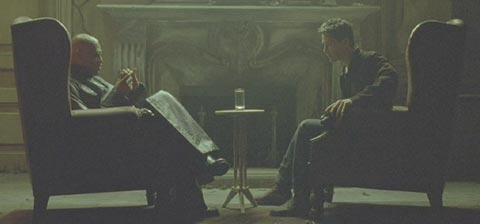In descriptions of extreme duels, of which there are many in medieval literature, you always find a hint of a kind of love, passion. This is the contradiction that is so difficult to describe. It is said that analyzing mimetic mechanisms is obsessive, but no one admits that the obstinacy comes from the fact that people do not want to read, except through the prisms of infinitely more opaque systems. Apologetics, especially when apocalyptic, has no purpose other than to open the eyes of those who do not want to see, and what we do not want to see is precisely that reconciliation is the flip side of violence, the possibility that violence does not want to see.
People do not want to be told that they are not autonomous, that others are acting through them. Indeed, that they are not autonomous, that others are acting through them. Indeed, they want to hear it less and less, and are therefore more and more violent. Christ caused a scandal because he said this and revealed to humanity that the Kingdom is approaching at the same time that humanity’s madness is growing.
-Rene Girard, Battling to the End, p.72

Morpheus: I see it in your eyes. You have the look of a man who accepts what he sees because he is expecting to wake up. Ironically, that’s not far from the truth. Do you believe in fate, Neo?
Neo: No.
Morpheus: Why not?
Neo: Because I don’t like the idea that I’m not in control of my life.
Morpheus: I know *exactly* what you mean.
